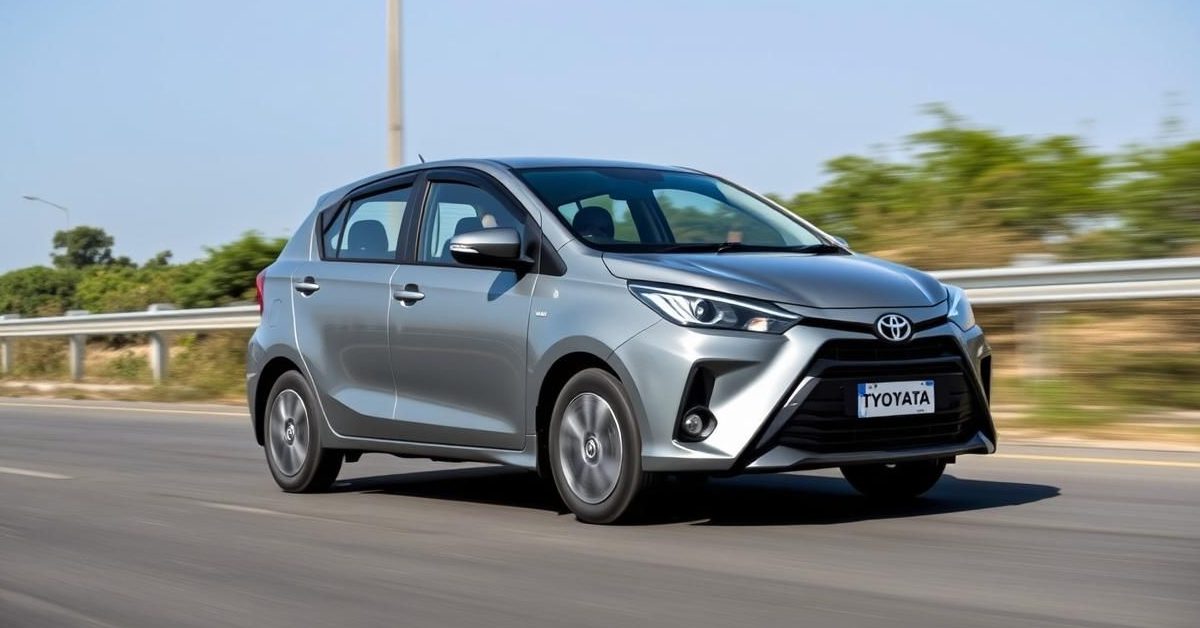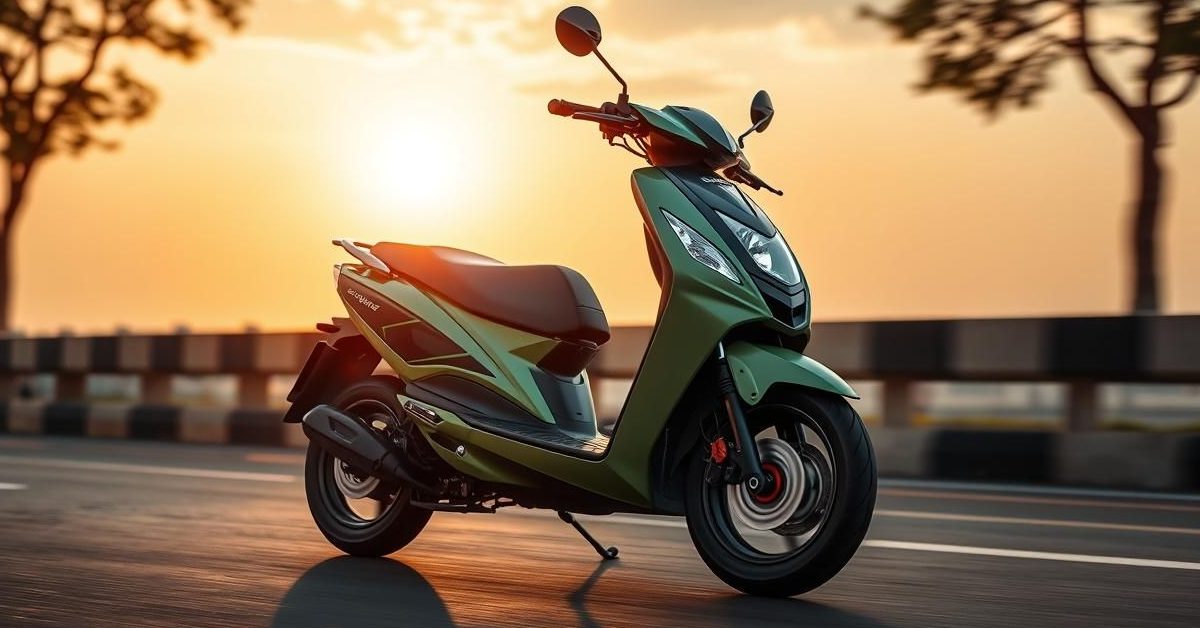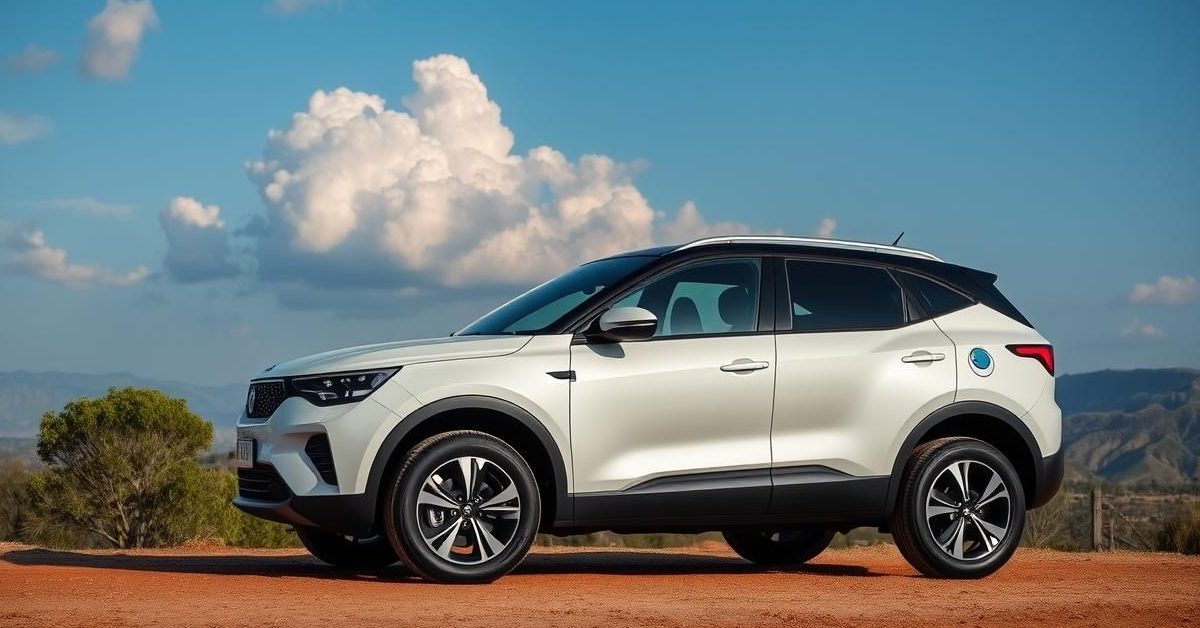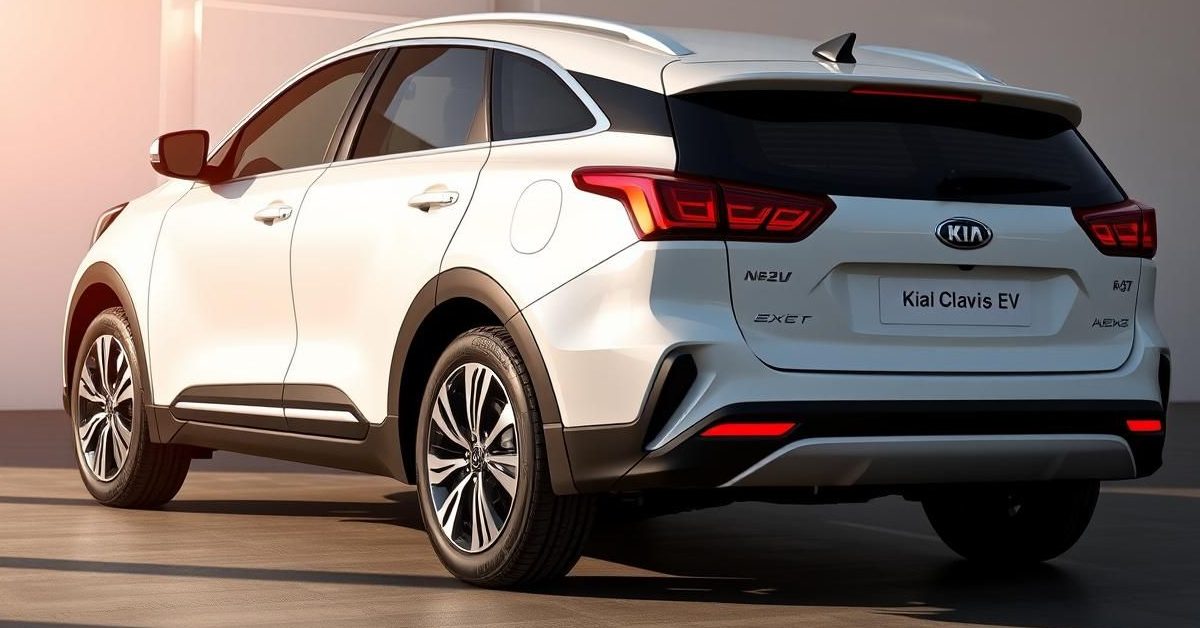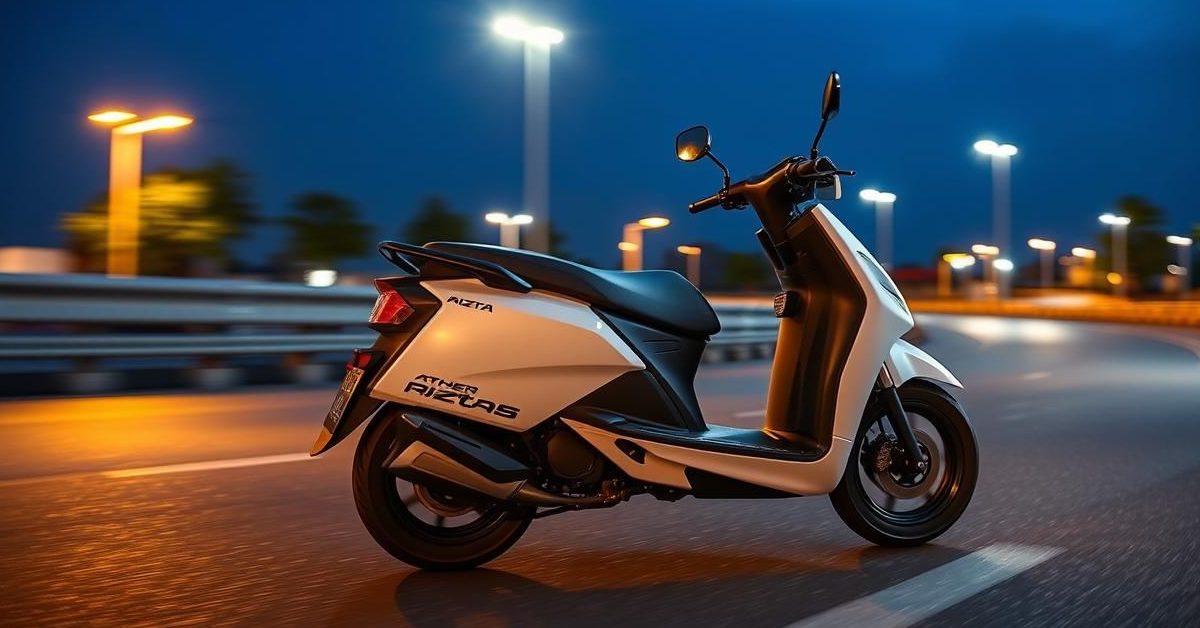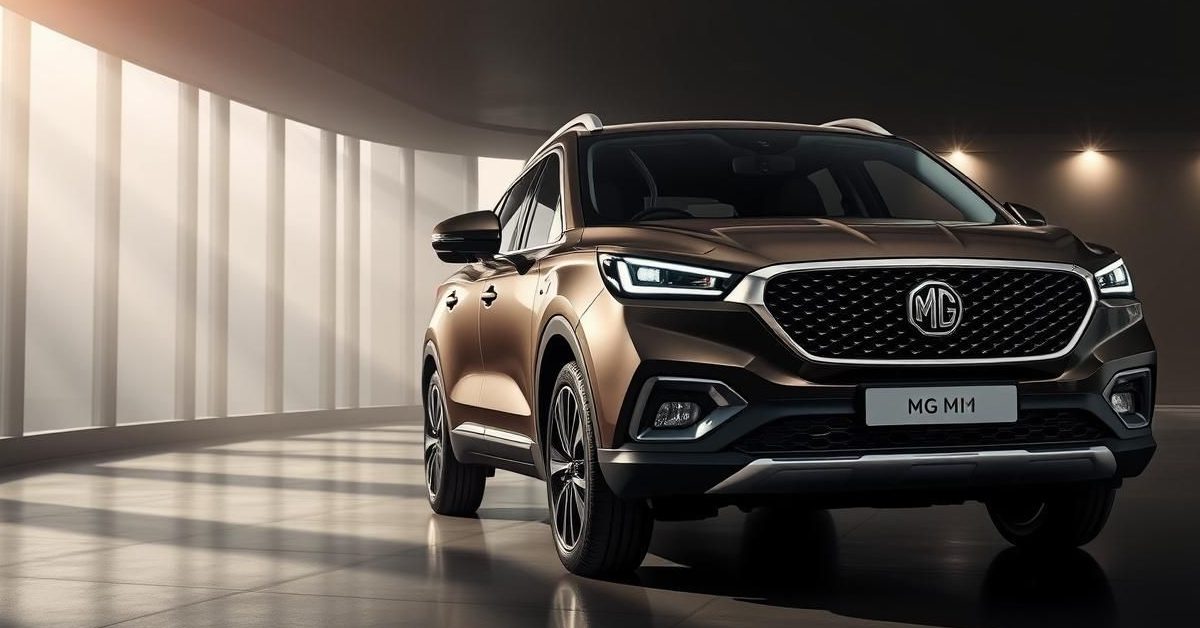Intrigue on Indian Roads: Is the Toyota Aqua Hybrid Headed Our Way?
A wave of genuine excitement, tinged with curiosity, has swept through India’s automotive circles. Recent spy shots reveal a discreetly tested Toyota Aqua Hybrid navigating Indian roads, sparking fervent speculation. This isn’t just another car sighting; it’s a potential glimpse into Toyota’s future strategy for the mass market in India. The question on everyone’s lips: is this merely a pilot test to gauge the feasibility of advanced hybrid powertrains on our diverse terrain, or are we witnessing the quiet prelude to a landmark launch?
The Pulse of India’s Hybrid Ambition
Toyota has previously demonstrated its commitment to exploring alternative energy solutions in India, notably with the sophisticated Mirai FCEV for advanced trials. The sighting of the Aqua, however, shifts the focus squarely onto the hatchback segment – a bedrock of the Indian automotive market. While its official arrival remains unconfirmed, the Aqua’s potential entry could be revolutionary. Should it launch, it would stand as a unique proposition: the only true hybrid hatchback available in the country, immediately differentiating itself in a crowded segment.
A Technological Marvel: The Aqua’s Revolutionary Battery
What truly sets the Toyota Aqua apart globally, and makes its potential presence in India particularly fascinating, is its groundbreaking Bipolar Nickel Hydrogen battery pack. This isn’t just an incremental improvement; it’s a world-first innovation that promises tangible benefits for everyday drivers.
Unpacking Advanced Battery Chemistry
Toyota states this advanced battery delivers an impressive 1.5 times longer service life compared to conventional non-bipolar Nickel Hydrogen batteries. The genius lies in its design: each cell features a bipolar electrode plate, with the anode material on one side and the cathode material on the other. These specialized cells are meticulously stacked with a separator in between, often a non-woven polyolefin fabric that holds either aqueous or gel-based potassium hydroxide.
This intricate architecture isn’t just for show. According to Toyota, this design dramatically reduces internal battery resistance. For the average car owner, this translates into potentially better performance, more efficient power delivery, and, crucially, a far greater lifespan from the heart of their hybrid system. It speaks volumes about Toyota‘s engineering prowess and commitment to durable, cutting-edge hybrid technology.
Performance & Phenomenal Efficiency: The Aqua’s Core Appeal
Beyond its innovative battery, the Toyota Aqua is built on the robust TNGA-B platform, a foundation known for delivering enhanced ride comfort, superior handling dynamics, and advanced safety features. This platform ensures the Aqua isn’t just efficient, but also a joy to drive.
Hybrid Synergy in Action
Under its hood, the Aqua houses a potent yet parsimonious 1.5-litre, inline-three, petrol motor, seamlessly paired with a responsive CVT system. This petrol unit is tuned to produce 89.8bhp and 120Nm of torque. However, the true magic of the Aqua lies in its hybrid powertrain synergy. When the electric motor engages, it elevates the driving experience, contributing to the vehicle’s impressive overall performance and, most importantly, its astonishing fuel efficiency.
The headline figure, and arguably the Aqua’s strongest selling point, is its incredible claimed efficiency of 35.8kmpl. For Indian roads, where fuel costs are a constant concern and the demand for economical urban commuting is paramount, such a figure could be a game-changer, offering significant savings and a reduced environmental footprint.
The Road Ahead for the Toyota Aqua in India
Whether the Toyota Aqua Hybrid ultimately graces Indian showrooms remains a topic of intense speculation. However, its presence on our roads signals Toyota‘s serious consideration of expanding its hybrid vehicle portfolio beyond premium segments. Given the rising focus on sustainability, decreasing running costs, and the increasing sophistication of the Indian car buyer, a truly efficient and technologically advanced hybrid hatchback like the Aqua could very well carve out a significant niche. Only time will tell if this pilot test blossoms into a full-fledged launch, potentially redefining the landscape of mass-market personal mobility in India.
